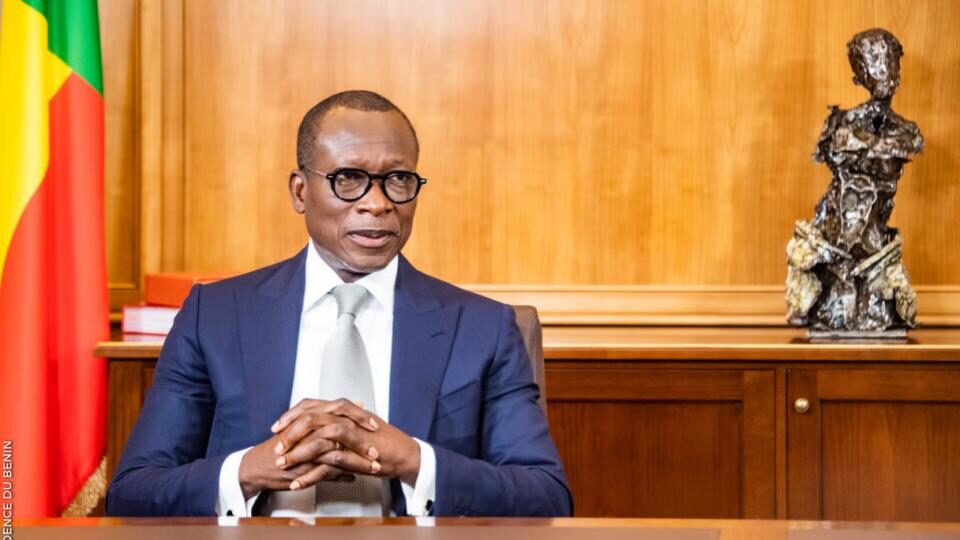
The Beninese government has called for calm following a surge of online hostility between Beninese and Gabonese internet users, triggered by disputes involving Beninese traders in Gabon.
The digital unrest began when disagreements over market allocations in towns such as Lambaréné escalated into threats and hostile rhetoric targeting Beninese nationals.
These comments, widely shared across social media platforms, quickly inflamed nationalist sentiments and intensified online tensions between the two communities.
In an official statement, Cotonou stressed that these exchanges do not reflect the quality of diplomatic relations between Benin and Gabon.
The government reaffirmed “excellent cooperation” with Libreville and highlighted that Beninese citizens living in Gabon continue to benefit from the attention and goodwill of local authorities.
“The bonds of cooperation and fraternity which unite our two countries are strong,” the statement read, urging both citizens and social media users to exercise restraint.
Authorities emphasized that platforms such as social media should foster African solidarity rather than division.
Beninese officials also reiterated their commitment to working alongside Gabon to strengthen bilateral ties in a spirit of mutual respect and trust.
By advocating responsible online conduct, Cotonou aims to prevent temporary disputes from undermining long-standing diplomatic and economic relationships.
The government framed its appeal in a broader Pan-African context, calling on citizens to look beyond immediate disagreements and focus on building fraternal relations between peoples.
“We hope this passing controversy will give way to a dynamic of rapprochement, a pledge of stability and shared prosperity,” the statement said.
Analysts note that online tensions between neighbouring countries can escalate rapidly, but timely diplomatic interventions such as this are crucial in maintaining regional stability and protecting the welfare of citizens living abroad.



